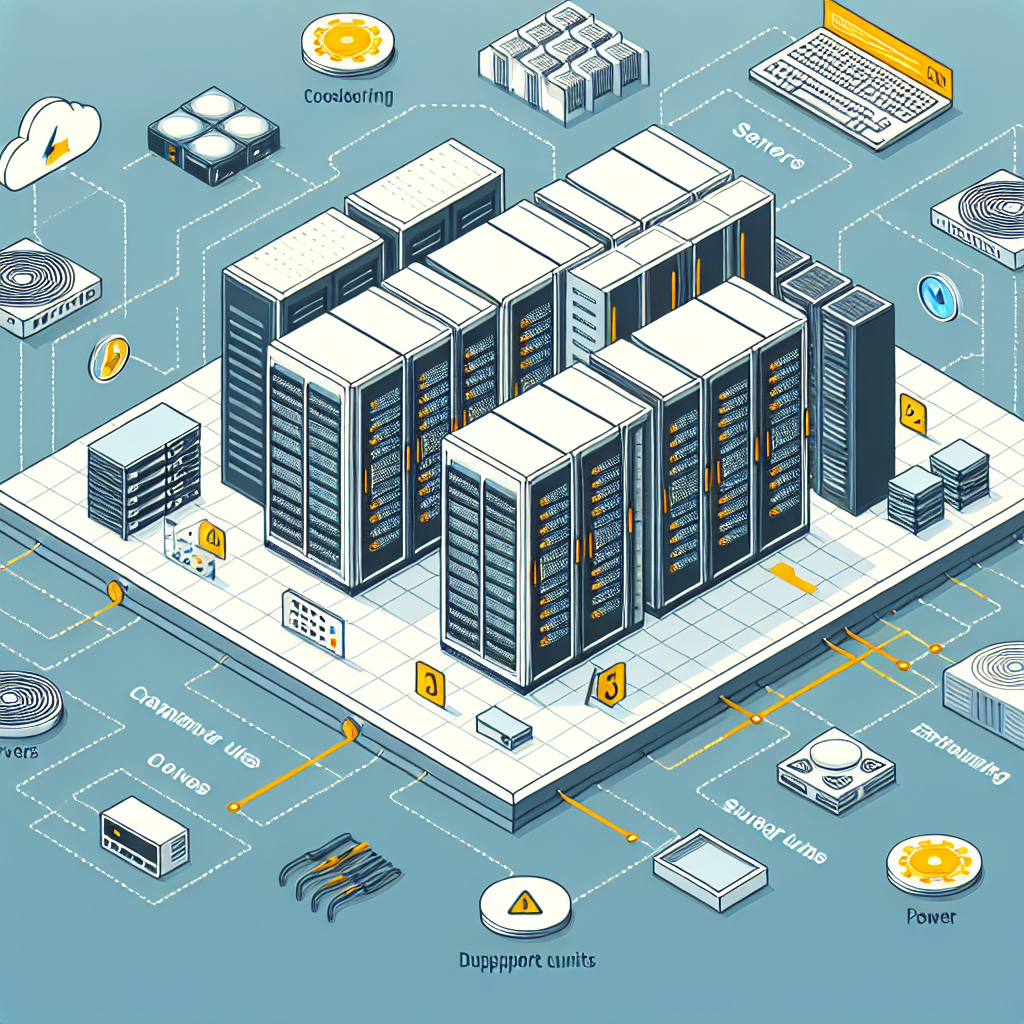Your cart is currently empty!
Ensuring Data Center Service Level Agreements Meet Your Business Needs

In today’s digital age, data centers play a crucial role in ensuring the smooth operation of businesses. These facilities house and manage the critical data and applications that organizations rely on to run their operations efficiently. To ensure the reliable performance of data centers, businesses often enter into service level agreements (SLAs) with their data center providers.
An SLA is a contractual agreement between a data center provider and a business that outlines the level of service that will be provided. This agreement typically includes details such as uptime guarantees, response times for issue resolution, and penalties for failing to meet agreed-upon service levels. However, not all SLAs are created equal, and it is essential for businesses to ensure that their data center SLAs meet their specific needs and requirements.
When negotiating an SLA with a data center provider, businesses should consider the following factors to ensure that the agreement aligns with their business needs:
1. Uptime guarantees: One of the most critical aspects of a data center SLA is the uptime guarantee. Businesses rely on data centers to be operational 24/7, so it is essential to ensure that the SLA includes a high uptime guarantee. Ideally, businesses should look for data center providers that offer a 99.99% uptime guarantee or higher to minimize the risk of downtime.
2. Response times: In the event of an issue or outage, quick response times are crucial to minimizing downtime and ensuring that business operations are not disrupted. Businesses should ensure that the SLA includes specific response time targets for issue resolution, such as a guaranteed response within a certain number of hours or minutes.
3. Penalties for non-compliance: To hold data center providers accountable for failing to meet SLA commitments, businesses should include penalties for non-compliance in the agreement. These penalties can take the form of service credits, refunds, or other compensation for downtime or service interruptions.
4. Scalability and flexibility: As businesses grow and their data center needs evolve, it is essential to ensure that the SLA allows for scalability and flexibility. Businesses should look for data center providers that can accommodate changing requirements and offer flexible terms that can be adjusted as needed.
5. Security and compliance: Data security and compliance are top priorities for businesses, especially in industries with strict regulatory requirements. When negotiating an SLA, businesses should ensure that the data center provider adheres to industry best practices for security and compliance and includes provisions for data protection and regulatory compliance in the agreement.
By considering these factors when negotiating SLAs with data center providers, businesses can ensure that their data center services meet their specific needs and requirements. A well-crafted SLA can help businesses minimize downtime, ensure reliable performance, and mitigate risks associated with data center operations. Ultimately, a robust SLA is essential for establishing a strong partnership with a data center provider and ensuring the smooth operation of business-critical systems and applications.

Leave a Reply